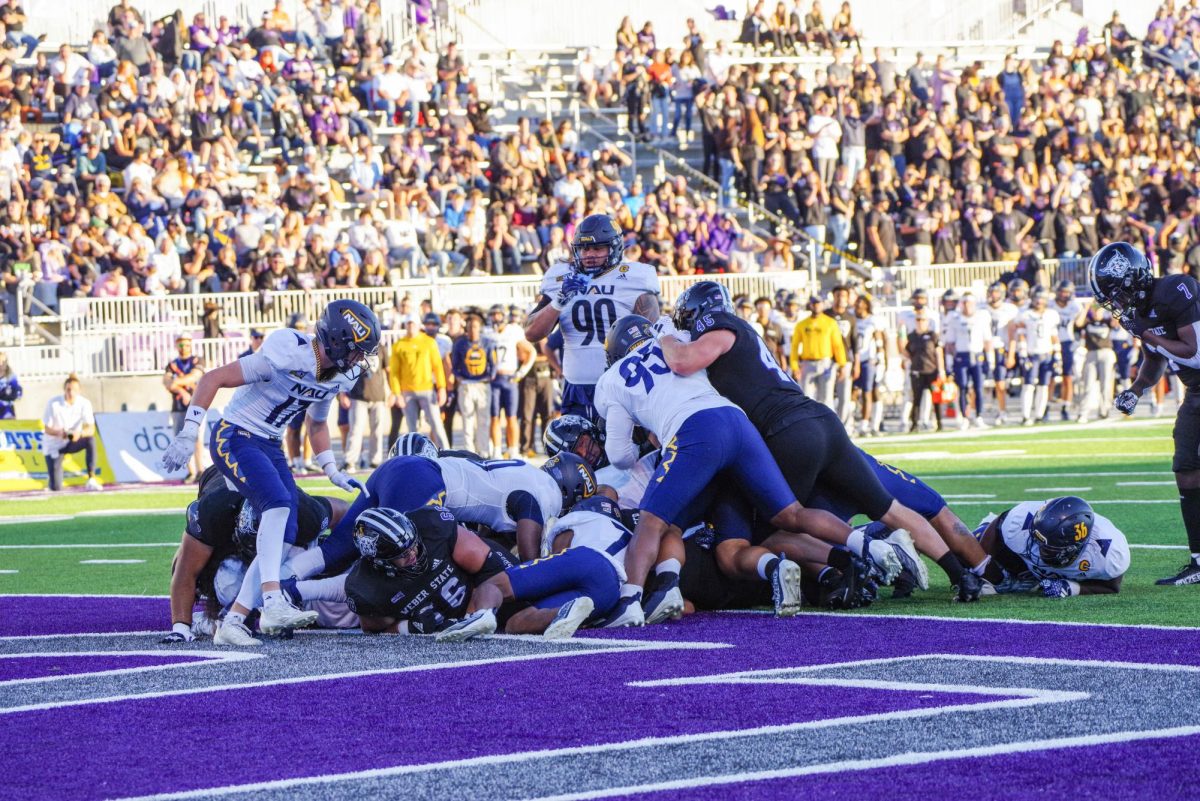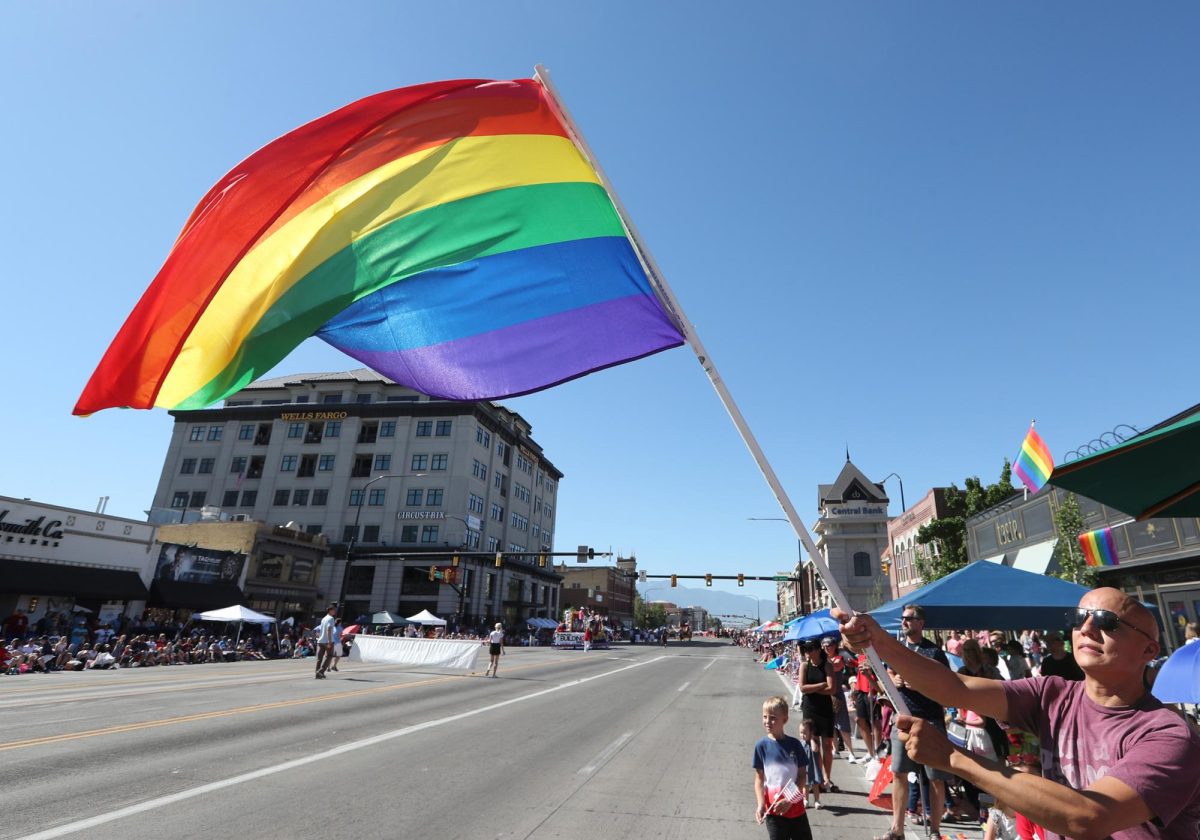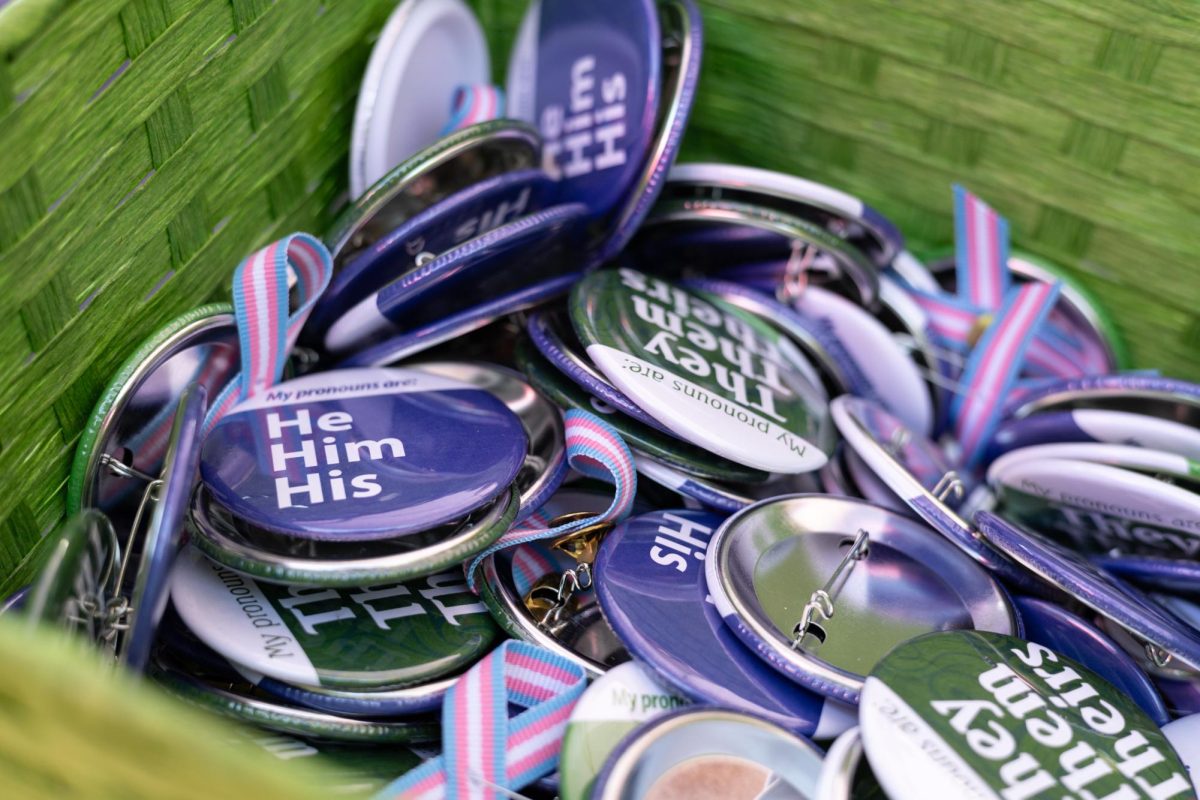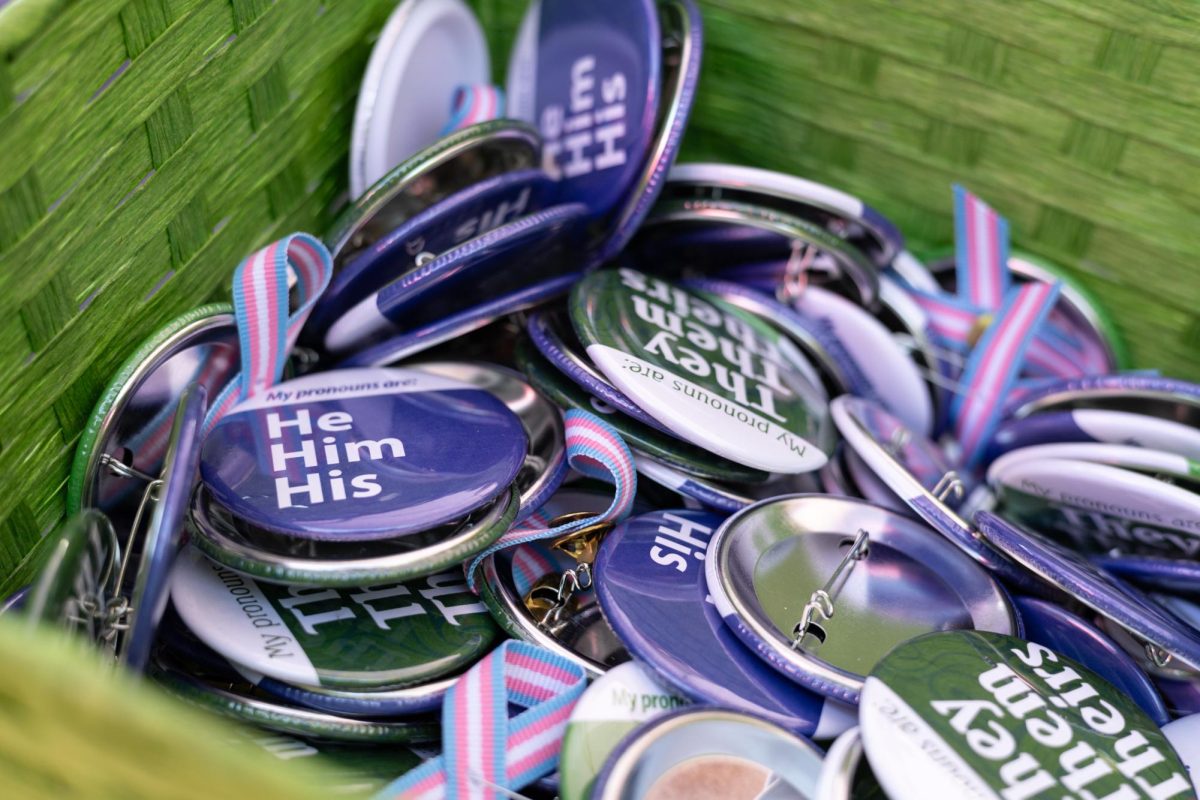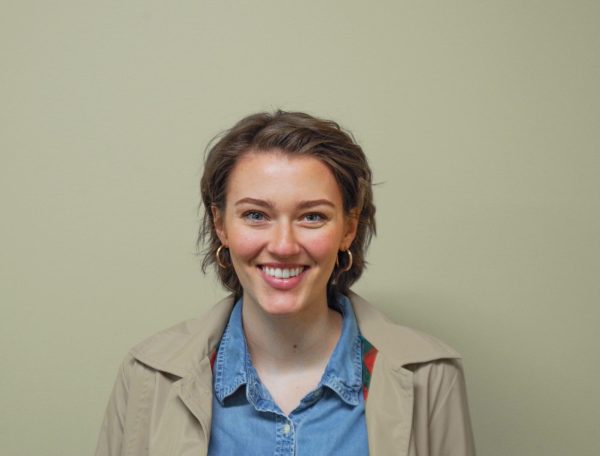“Your chauffeur has arrived,” my driver said as I stepped in.
I sat down and stared out into the black morning. I buzzed with excitement. This day had been coming for 10 months.
My chauffeur was actually just an OGX bus driver, but he greeted me so kindly as I stepped into the empty electric bus — a giant UTA pumpkin that would be my carriage for a few minutes.
March 21 was the first day of the Intermountain Sustainability Summit. Every year Weber State University’s Sustainability Practices and Research Center hosts the big event. This year over 400 individuals participated.
I have been working with SPARC since May. Being a part of such an impactful event felt a bit like wearing glass slippers.
I got off the bus in front of the Shepherd Union and hurried up the stairs to meet my team. Although the campus had been silent and unusually warm at 6:30 a.m., the third floor of the building was humming with preparation.
Outside the ballrooms, the registration tables were being set up. The night before I had helped stuff the name tags attendees would wear on lanyards that were now being neatly laid out in alphabetical order.
I had to hurry to my cubical in the library for a last-minute print job. As my computer turned on, obviously more tired than me, I thought, “This matters.”
The ISS matters. This event isn’t just for kicks and giggles, no offense to kicks or giggles. This is an opportunity for sustainability education. New, live, real and implemental discussions on sustainability topics that will change lives.
I sat behind a tablecloth-ed table as rows of attendees lined up to check in. There were hiccups — a few names were missing from registration lists. I was taken back to my days as a fast food cashier on a lake. I expected participants to act like hot and hungry vacation go-ers — rude and impatient — but they weren’t. They were kind and would smile patiently as we got them a new name tag.
Attendees filled round tables that filled the ballroom. A continental breakfast with vegan and gluten-free options was available.
Working up to the event I would overhear between my supervisor and sustainability manager, Bonnie Christiansen, and the sustainability coordinator, Lena Morgan, talk about the food options. They took so much care making sure inclusive options were served.
In fact, the whole thing was done with concern and care. Every step was weighed. Every decision was partnered with the sincere question: Is this best? Not an easy question.
Sustainability at Weber State is genuine. It’s shockingly genuine.
After Jeff Speck, author of “Walkable City” and previous TED talk-er, delivered the keynote speech participants broke off into different speaker sessions.
Justin Owen, interim director of plant operations at WSU, spoke about how the university has updated the chilled water loop into a ground source condenser. An eco-friendly and long-term pocket-friendly switch.
There were other sessions on zero-emissions housing in Utah, sustainable transportation, turning garbage into soil and others.
University students, not just from WSU, were able to display posters that demonstrated research projects focused on sustainability. The future of sustainability is in bright hands.
The day was filled with knowledge. The walls could have collapsed from it. At times it was overwhelming, but never heavy.
Sustainability education has a tendency to get dark fast. The real threats of climate change and social injustices can lead conversations to “world is burning!” conversations. While these elements hold some truth, I leave feeling hopeless and useless — there is nothing I can do to make a change or impact.
It wasn’t this way at the ISS. The conversations were realistic, and they weren’t sugar-coated. There was an enabling focus. There is so much happening to make a change. Developments and connections that will build back the world.
Like a holiday, the anticipation lasted longer than the event. But the impact, the education, will last a lot longer, and no one knows what it will lead to.








